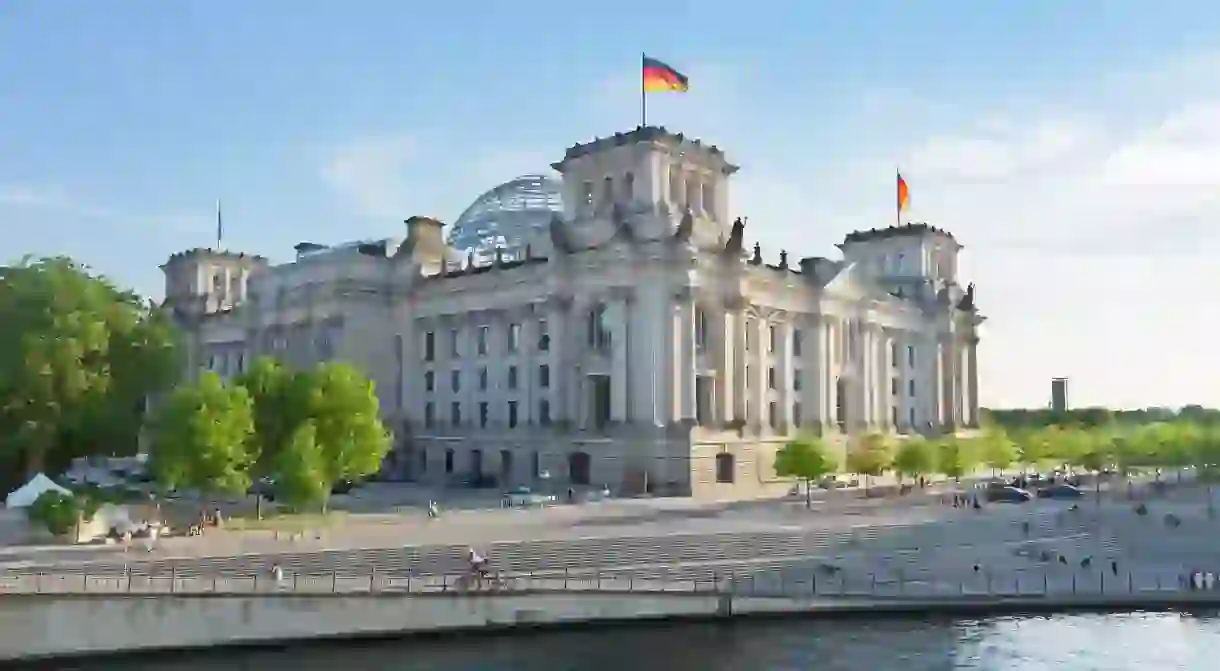The Most Amazing Buildings By Sir Norman Foster

Sir Norman Foster is one of the world’s most sought after architects. His company, Norman + Foster, has produced some of the world’s finest post-modern buildings to-date, five of which are highlighted in this ode to Foster’s finest and most unforgettable constructions.
Did you know – Culture Trip now does bookable, small-group trips? Pick from authentic, immersive Epic Trips, compact and action-packed Mini Trips and sparkling, expansive Sailing Trips.
London City Hall
As one of the most important buildings raised by Foster + Partners in the past 20 years, the London City Hall was designed with democratic principals in mind. As a largely glass structure, the democratic ideals of transparency and accessibility are conveyed in the building’s innovative, oval design. Intended to maximize shading, this building uses about a quarter of the energy consumed by a standard London office building, despite playing host to over 15,000 employees. Completed in 2002, London City Hall is unquestionably one of the crown achievements of Foster + Partners.
The Gherkin Building

The Gherkin Building has become an essential part of the London skyline since its construction 10 years ago. Its shape reduces the amount of wind deflection compared to a rectilinear tower, due to its narrow peak and tapered body. The hexagons separating its glass exterior are also designed with energy in mind, and resolve many problems posed by a more traditional wall and roof construction.
HSBC Building
Natural sunlight is one of Foster + Company’s most valued assets in their buildings, especially in their HSBC project in Shanghai. Completed in 1985, this building is unique in its absence of an internal supporting structure, a practice of more traditionally focused architecture. However the most notable features of this building are the two cement canons on the roof, pointed directly at the Bank of China building, in an attempt to balance the feng shui, and more precisely, the negative energy emanating from it.
The Reichstag Building

The Reichstag Building is tied to the very unification of the country back in 1871, when the first bricks were laid here. However, due to damages throughout the history of the building, a full reconstruction could not be led until after the German reunification in 1990. Foster + Partners added an iconic glass cupola to the posterior of the building, symbolizing rebirth after reunification in its capacity to provide light in the darkened interior.
Torre de Collserola
To fill a communications requirement for the 1992 Olympic Games in Barcelona, Foster + Partners built the Torre de Collserola to improve the broadcasting capabilities of the entire region. To work with the mountainside terrain, the architects proposed a new hybrid concrete and steel-braced tube, limiting the diameter to only 4.5 meters. Torre de Collserola proves the architecture firm’s lasting commitment to functionality and an utmost devotion to environmental conservation besides.













